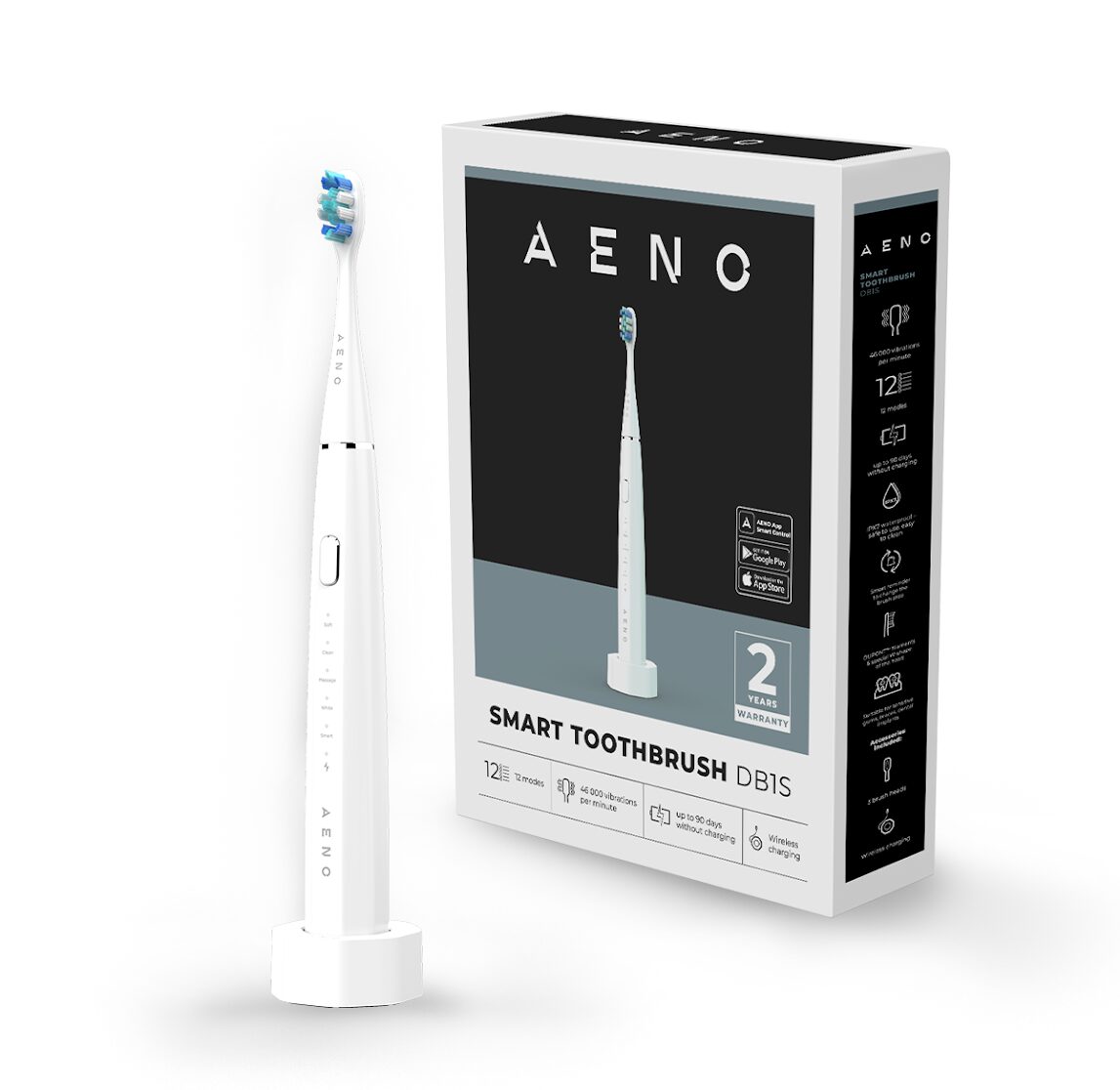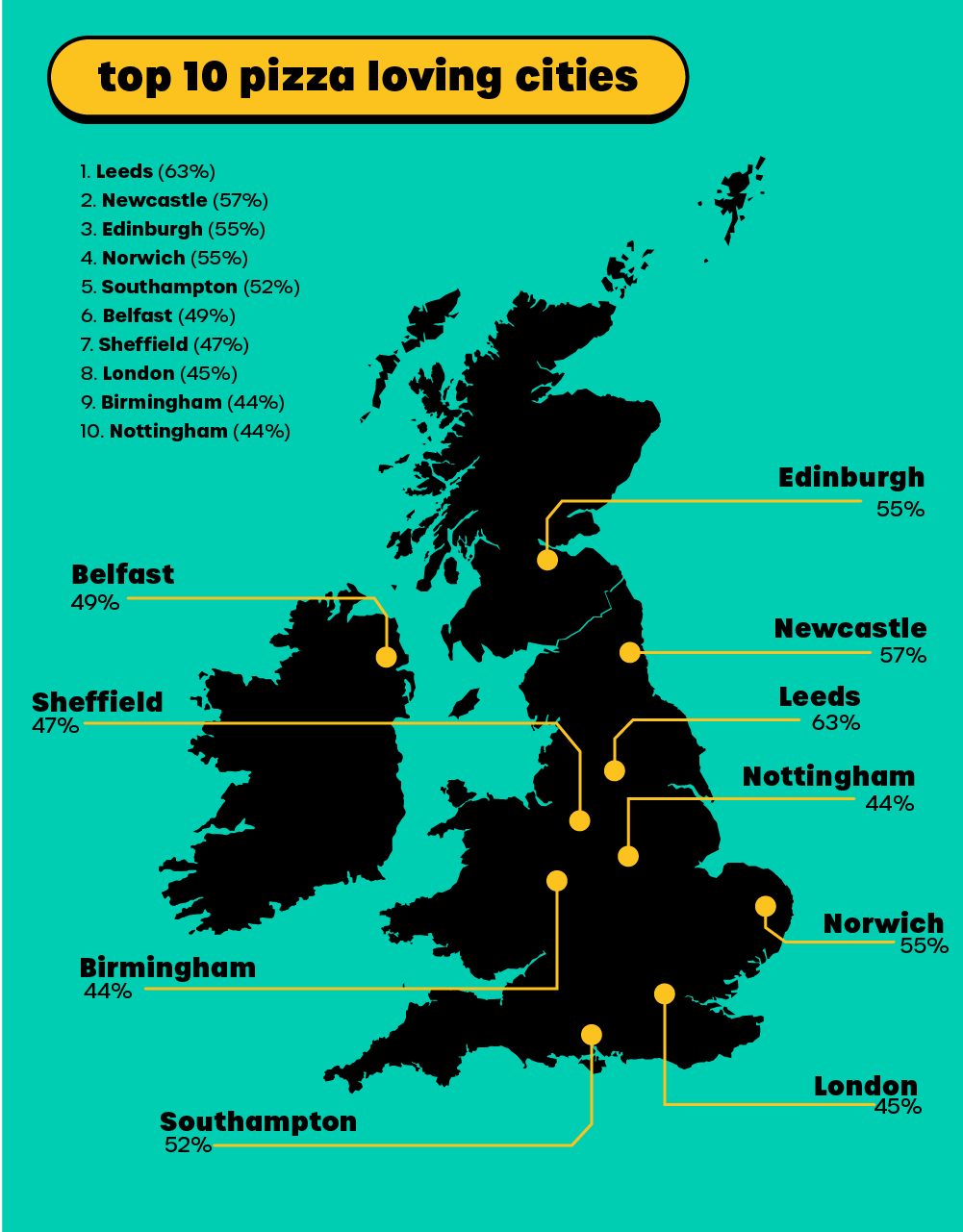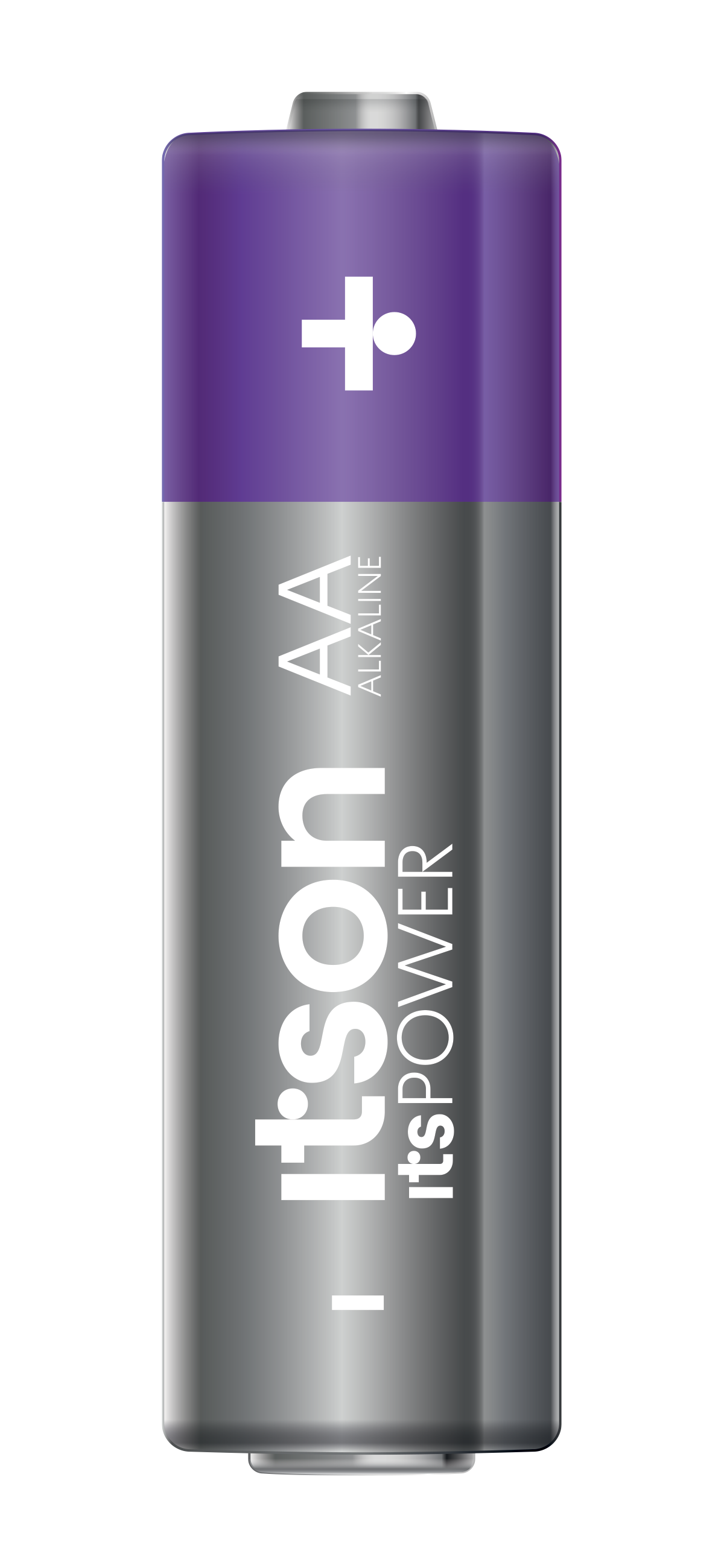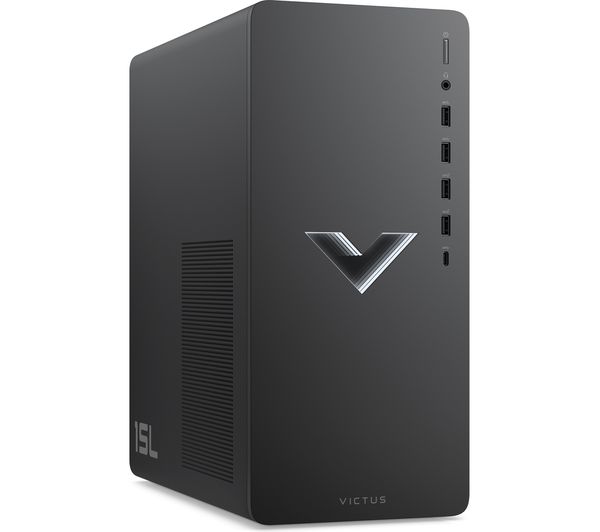If you’re in the market for an open-source website builder, you may be considering some of the most popular options: WordPress, Drupal, and Joomla. While all three platforms are free to use and have large communities of users and developers, they each have their strengths and weaknesses. In this article, we’ll take a closer look at WordPress, Drupal, and Joomla to help you determine which one is the best fit for your needs.
WordPress
WordPress is a popular open-source website builder that has been around since 2003. It is easy to use, and one of the reasons for its widespread popularity is the vast array of customization options it offers. WordPress offers a vast library of themes and plugins that allow users to customize their website’s appearance and functionality without the need for coding knowledge. This level of flexibility is one of the biggest advantages of WordPress, and it is also one of the reasons why it’s suitable for various website types, from personal blogs to e-commerce sites.
With over 40% of the internet’s websites using WordPress, it is safe to say that it has a significant following. Additionally, WordPress has a large community of users and developers who contribute to the platform’s continuous development, making it one of the most reliable website builders out there. However, WordPress’s vast array of options may be overwhelming for beginners, and it may take some time to learn its features. But with its popularity and vast support network, finding help and support online is easy.
Drupal
Drupal is an open-source website builder that is known for its complexity and robustness. It is geared towards developers and advanced users who require high-level customization and scalability. Drupal’s advanced features make it a popular choice for large websites and enterprise-level applications that require complex workflows and sophisticated data architecture.
One of the main advantages of Drupal is its focus on security. It has a strong security record, which is important for businesses that handle sensitive data. Additionally, Drupal offers a high degree of control over user roles and permissions, making it a secure choice for businesses that require strict access control.
However, Drupal’s advanced features come at a cost. It has a steep learning curve, which may make it challenging for beginners or those with limited technical skills. It also has a smaller community of users and developers than WordPress, which means that support may be harder to find.
Despite these challenges, Drupal remains a popular choice for businesses that require a high level of customization and scalability. With its advanced features and strong security, it can be an excellent option for enterprise-level websites and applications.
Joomla
Joomla is a content management system that is easy to install and use, making it an excellent option for those who are new to website building. It is designed to be user-friendly, with a simple interface that allows users to manage their website’s content and layout. Joomla is also known for its strong security features, which are important for businesses that handle sensitive data.
Another advantage of Joomla is its wide range of extensions and templates, which make it easy to customize the look and functionality of your website. It’s also a great choice for businesses that want to add e-commerce functionality to their site, as there are many e-commerce extensions available for Joomla.
However, Joomla has some downsides as well. It’s not as widely used as WordPress, which means there may be fewer resources available for learning and troubleshooting. It’s also not as scalable as Drupal, which means it may not be the best choice for large websites or applications. Finally, Joomla updates can be more challenging to manage than other open-source website builders, which may require more technical skills.
Conclusion
Choosing the right open-source website builder depends on your specific needs and technical abilities. If you’re looking for an easy-to-use platform with a wide range of customization options, WordPress is an excellent choice. If you need a highly customizable and scalable platform for a large website or enterprise-level application, Drupal is the best fit. And if you’re looking for a middle-ground option with a balance of flexibility and ease of use, Joomla may be the way to go.
No matter which platform you choose, it’s important to remember that each one has its strengths and weaknesses. It may take some trial and error to find the one that works best for your business, but with the right research and support, you can create a successful and customized website that meets your needs.
Website Builder |
Starting Price |
Free Trial |
Domain Renewal Costs |
| Wix | Free and premium plans are available | Yes | $14.95 per year for domain renewal |
| Squarespace | £12 per month based on annual billing | 14-day free trial | $20 per year for domain renewal |
| Shopify | $9 per month for Shopify Lite | 14-day free trial | $14 per year for domain renewal |
| GoDaddy | Three pricing plans starting at $10 per month | No free trial is available | $17.99 per year for domain renewal |
| Hostinger | Free plan and premium plans start at $1.99 per month | No free trial is available | $8 per year for domain renewal |
| Weebly | Free plan and premium plans start at $6 per month | Yes, with premium plans only | $19.95 per year for domain renewal |
| WordPress.com | Free plan and premium plans start at $4 per month | Yes, with premium plans only | $18 per year for domain renewal |
| IONOS (1&1) | Three pricing plans starting at $1 per month | No free trial is available | $15 per year for domain renewal |
| Site123 | Free plan and premium plans start at $12.80 per month | Yes, with premium plans only | $13.90 per year for domain renewal |
| Jimdo | Free plan and premium plans start at $9 per month | Yes, with premium plans only | $20 per year for domain renewal |


















